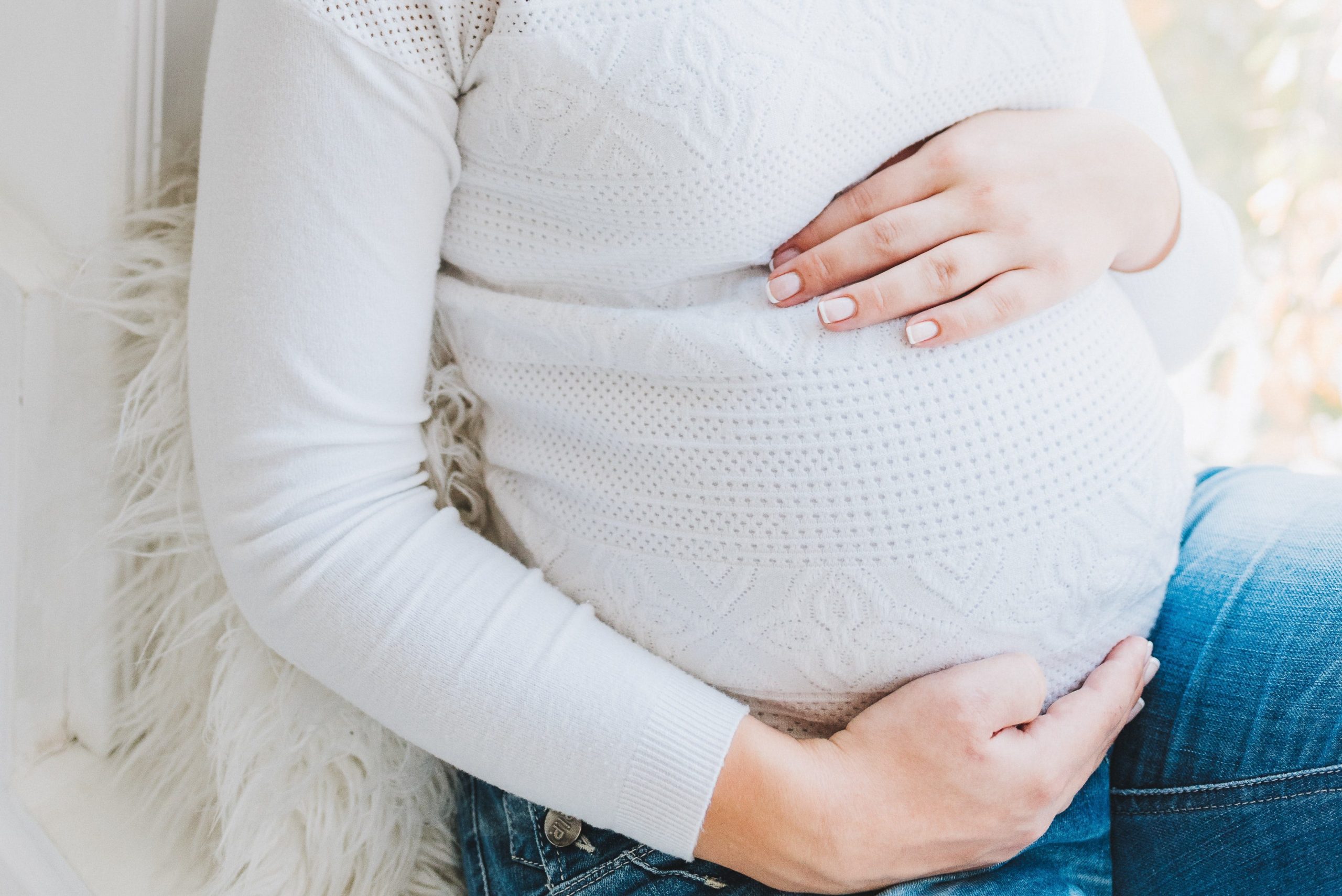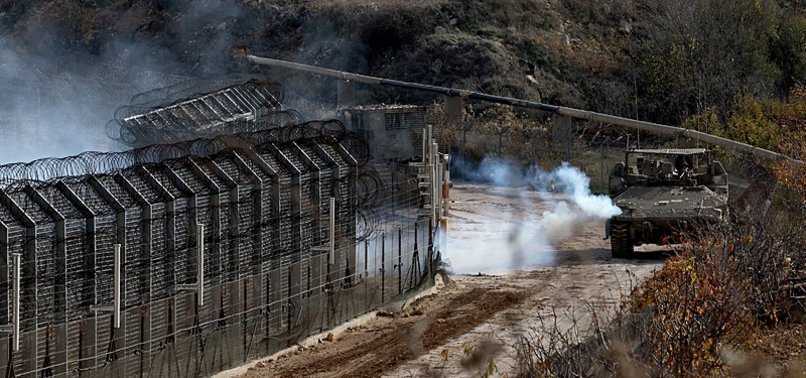Pregnant and breastfeeding women are advised to break their fast immediately if any alarming symptoms occur.
As Ramadan approaches, experts at Hamad Medical Corporation (HMC) are urging pregnant and breastfeeding women to take all necessary precautions if they opt to fast during the holy month.
While fasting is one of the five pillars of Islam, pregnant women are exempt if it poses a risk to their health.
On Tuesday, HMC issued a statement to advise those with pregnancy complications such as diabetes, high blood pressure or anaemia to refrain from fasting during the holy month to avoid putting their health and unborn baby at risk.
HMC advises pregnant and breastfeeding women to take necessary precautions if fasting during Ramadan.#YourSafetyIsMySafety
#Hamad_Medical_Corporation #Qatar pic.twitter.com/omFoX6RFch— مؤسسة حمد الطبية (@HMC_Qatar) April 6, 2021
“Pregnant women who are willing to fast during Ramadan should seek their doctor’s advice throughout the month to make sure that fasting is not affecting their baby,” said Dr. Faten El Taher, Senior Consultant in Obstetrics/Gynecology at HMC’s Women’s Wellness and Research Center.
Generally, health experts always advise breastfeeding women to have a general check-up to keep track of their health as well as their baby’s wellbeing before fasting.
According to the doctor, there are some concerns about fasting and its impact on the baby’s growth in the uterus (womb), in addition to concerns over premature labour supposedly caused by fasting during pregnancy.
Read also: Postpartum depression: Covid-19 and maternal mental health
“There is usually an increase in the number of pregnant women visiting our Emergency Department during Ramadan due to fasting,” she noted.
“Some studies suggest that more babies are born early if their mothers fast during Ramadan. If Ramadan coincides with the summer months, this means hot weather and long days, which puts pregnant women at greater risk of dehydration due to a low fluid intake. This could induce premature labor and subsequently lead to preterm births,” the doctor explained.
Fasting pregnant women are thus advised to consult their doctors immediately if they experience weight fluctuations, feel parched, urinate less frequently or “if their urine becomes dark-coloured and strong-smelling,” the health official said.
“This is a sign of dehydration and can make them more prone to urinary tract infections or other complications; develop a headache or other pains, or a fever; and become nauseous or start vomiting,” she added.
Another alarming symptom could be a sudden change in their baby’s movements, “such as if the baby is not moving around or kicking as much; they notice contraction-like pains – this could be a sign of premature labour; and they feel dizzy, faint, weak, confused or tired, even after they have had a good rest.”
According to studies, fasting during the first trimester is extremely risky as the baby is still in its early stages of developing.
After this phase, the risk rate is lower, however experts would advise pregnant women to avoid fasting to eliminate any health risk that could potentially affect the fetus.
“If any of the instances above occur, women should break their fast immediately and drink water containing salt and sugar or an oral rehydration solution. They should also contact their doctor immediately,” Dr. El Taher stressed.
Follow Doha News on Twitter, Instagram, Facebook and Youtube







